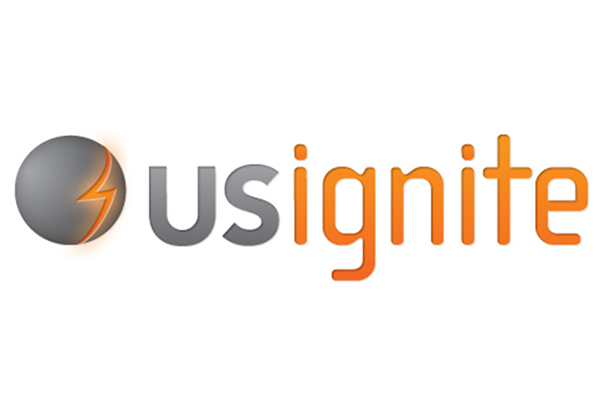An application that would allow public safety officials to access videos submitted by the public during an emergency is one of two being developed at the University of Louisiana at Lafayette that helped the City of Lafayette become a Smart Gigabit Community.
The app, called Crisis Eye, would provide a platform for uploading real-time videos that could help law enforcement or fire officials monitor a crisis, especially between the time a 911 call is made, and responders arrive.
The project was recently recognized at the US Ignite Smart Cities Innovation Summit in Austin as “Most Likely to Have a Big Impact.”
A second app being developed at UL Lafayette, a virtual reality project capable of live streaming 3-D video within a shared virtual environment, duplicates an environment via computer-generated animation.
It can enable high school students to learn about alternative energy technology and research at the University’s Cleco Alternative Energy Center in Crowley, La., for example. Students wear a virtual reality headset to navigate a virtual energy center, including huge mirrored panels that capture sunlight for solar thermal power production.
The virtual reality app earned “Most Imaginative Gigabit App” at the US Ignite summit.
The two apps helped Lafayette, La., become one of 15 communities in the country named members of the national network of Smart Gigabit Communities.
Each of those communities “has made a significant commitment toward leveraging next-generation smart city and Internet technologies to keep pace with the world’s rapidly changing technology and economy,” according to information from US Ignite. The nonprofit organization, based in Washington, D.C., fosters the creation of applications that benefit the public. The Smart Gigabit Communities initiative is sponsored by the National Science Foundation.
Each member of the smart Gigabit communities network has developed two advanced technology applications. Members have agreed to share those apps with other communities.
Dr. Ramesh Kolluru, vice president for Research, Innovation and Economic Development at UL Lafayette, accepted the award on behalf of the city.
“The University has a strong partnership with the visionary leaders in the community, including LUS Fiber and Lafayette Consolidated Government, that have the foresight to build the infrastructure for high-speed internet that allows University researchers to create forward thinking applications,” he said.
City-Parish President Joel Robideaux said he was “extremely proud of the global recognition that Lafayette, UL and LUS Fiber have received because of this award.”
“Our community benefits from both a world-class research university and community-owned fiber optic system. I look forward to seeing more applications which enhance the lives of our citizens resulting from this collaboration,” Robideaux said.
Learn more about US Ignite and its Smart Gigabit Communities at https://www.us-ignite.org/
